
Excavating a remote Maya palace in the ruined city of Uxul, archaeologists in Mexico have uncovered the ancient tomb of a young prince—and a rare artifact.
The floor of an entrance building within Uxul’s 11-building royal complex concealed the entrance to the small chamber, which held the remains of the 20- to 25-year-old man and nine ceramic objects.
On one cup, “there was a simple message … in elegantly modeled hieroglyphics that read: ‘[This is] the cup of the young man/prince,'” team member Nikolai Grube, an anthropologist at Germany’s University of Bonn, said in a late-July statement.
Another cup bears a date, which Grube and colleague Kai Delvendahl interpret to mean the year A.D. 711, giving some indication as to when the prince lived and died.
It’s common for Maya artifacts to refer to their owners, Grube said. But all previous princely drinking vessels have been excavated “illegally, without controlled excavation, by looters. This is the first time we have found such a vessel in an archaeological context.”
The Maya civilization sprawled across much of modern-day Guatemala, Belize, and Mexico’s Yucatán Peninsula. Around A.D. 900 the so-called Classic era of the Maya Empire came to a close after a series of droughts and perhaps political strife.
(Read about the rise and fall of the Maya in National Geographic magazine.)
The Man Who Wouldn’t Be King
Despite its obvious archaeological attractions, the small tomb at Uxul (ooh-SHOOL) is noticeably lacking in jade jewelry—suggesting the prince was not in line for the throne, experts say.
If he had been, archaeologist Jennifer Mathews said, “you would see very lavish objects like jade masks made in the individual’s likeness, jade earspools, or other elaborate jade objects.
“We don’t see that in this particular case, so they think that this was a guy who was part of the royal family but who was not in line for the throne,” added Mathews, of Texas’s Trinity University, who wasn’t part of the project.
(Also see “‘Dramatic’ New Maya Temple Found, Covered With Giant Faces.”)
Dig member Grube ruled out the possibility that any jade might have been looted from the tomb. It was “clearly sealed” before the excavation, with a stone bench perched atop the entrance for good measure, he told National Geographic News.
(Related: “Unprecedented Maya Mural Found, Contradicts 2012 ‘Doomsday’ Myth.”)
Prestige and Power
Though the young Maya prince may have had no hope of inheriting the kingdom, his fortunes look to have been on the rise.
Until 705, Calakmul, a Maya metropolis about 16 miles (26 kilometers) away, had ruled Uxul in today’s Campeche state. After that time Calakmul’s influence receded, and the prince’s family became the local rulers of Uxul. (See a map of the Maya civilization.)
In Maya culture, rulers were seen as godlike, and “they would have been lavished with all kinds of goods,” Trinity University’s Mathews added.
“Overall, his family would have had more prestige and power. I guess inadvertently he would have received benefits from that.”
Rachel Kaufman
for National Geographic News
Published August 30, 2012

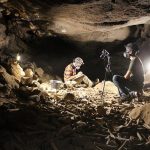
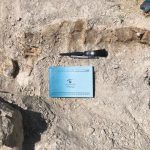

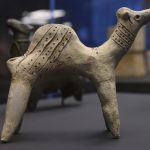
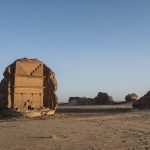
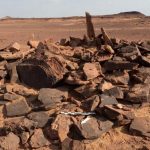
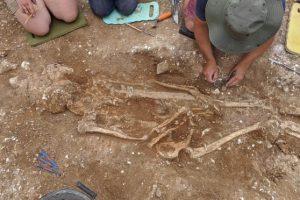
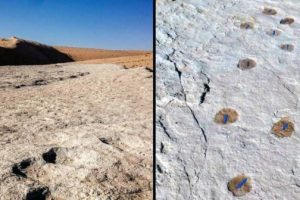






Add Comment